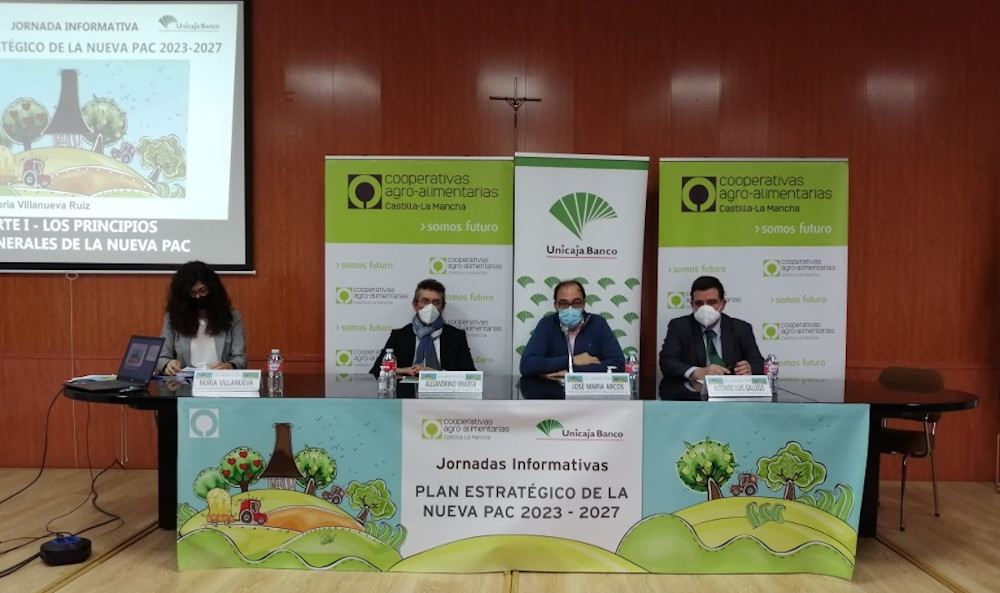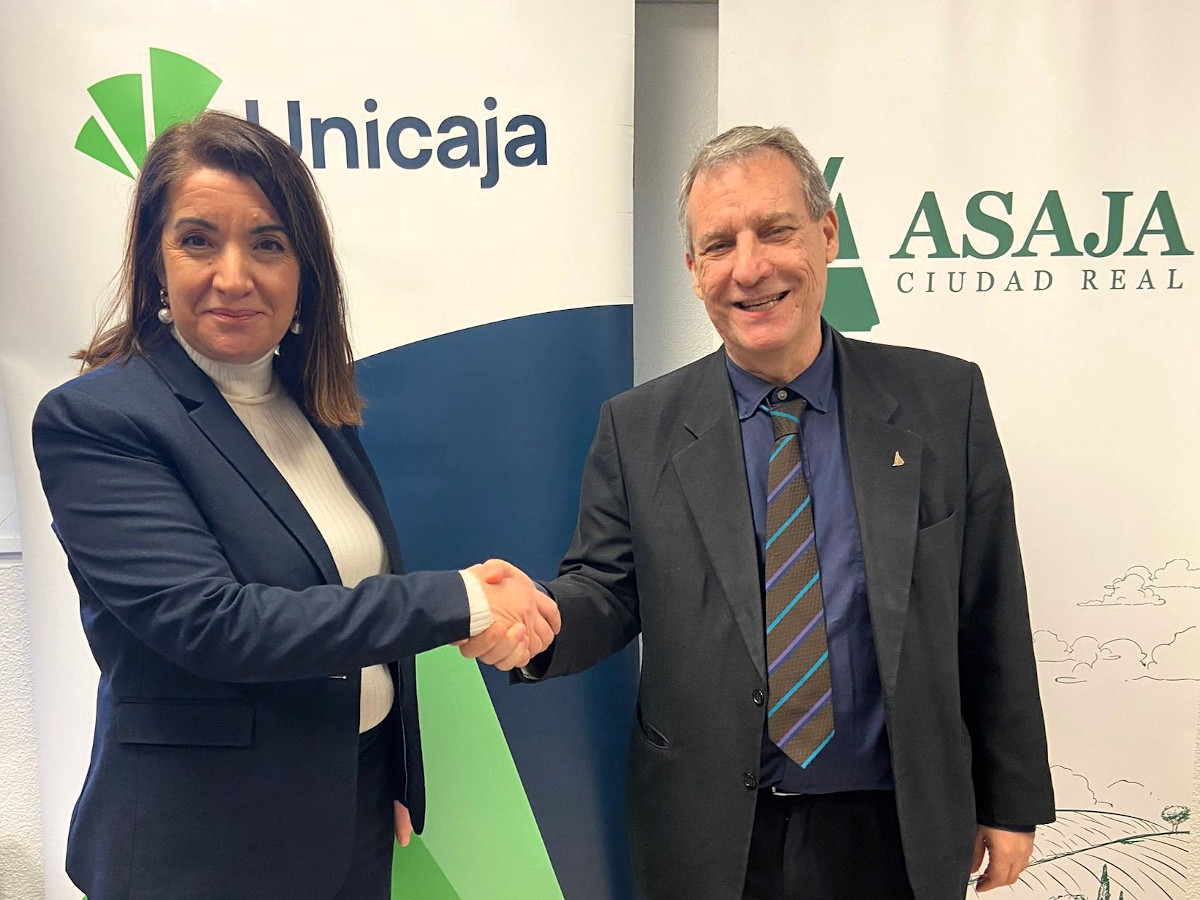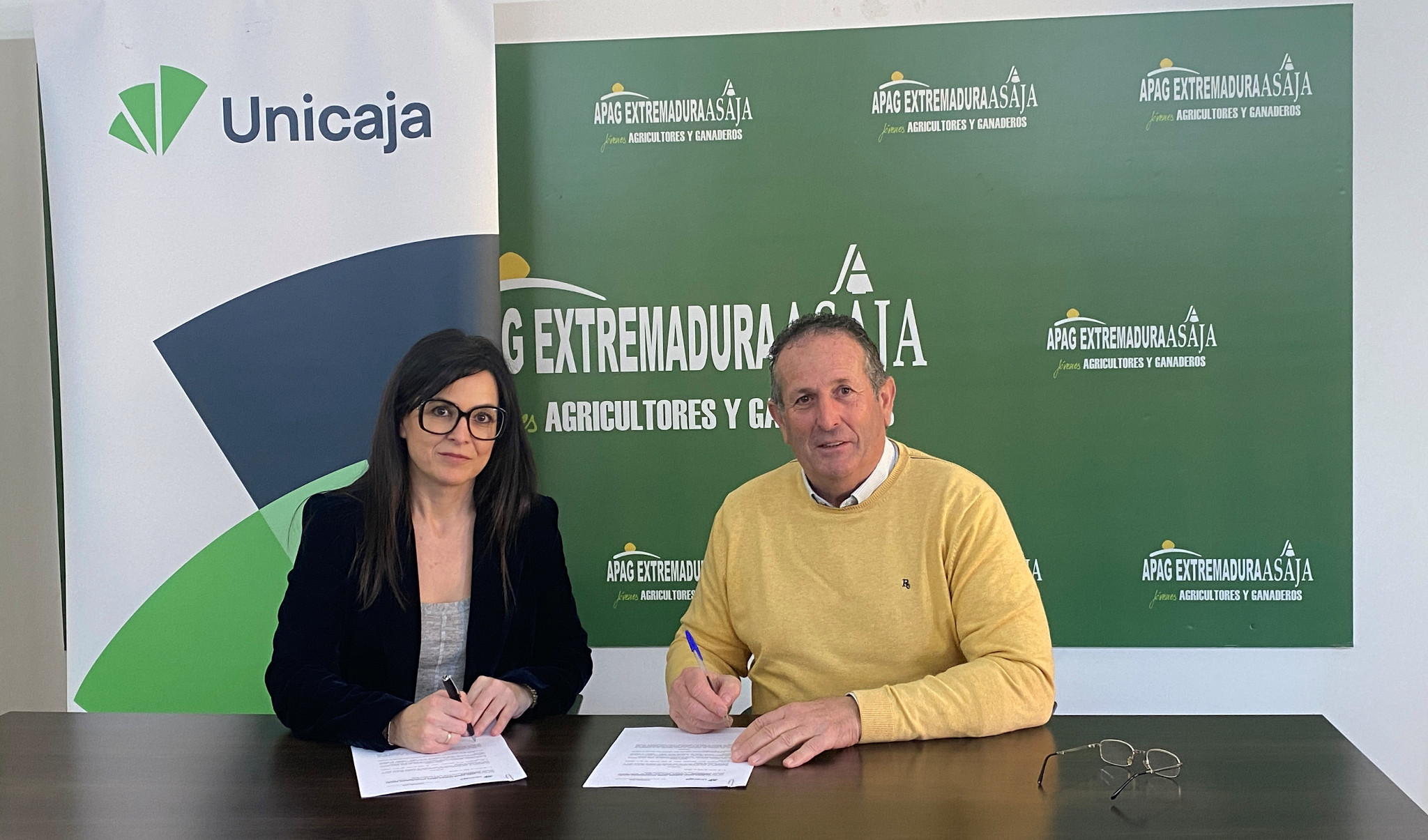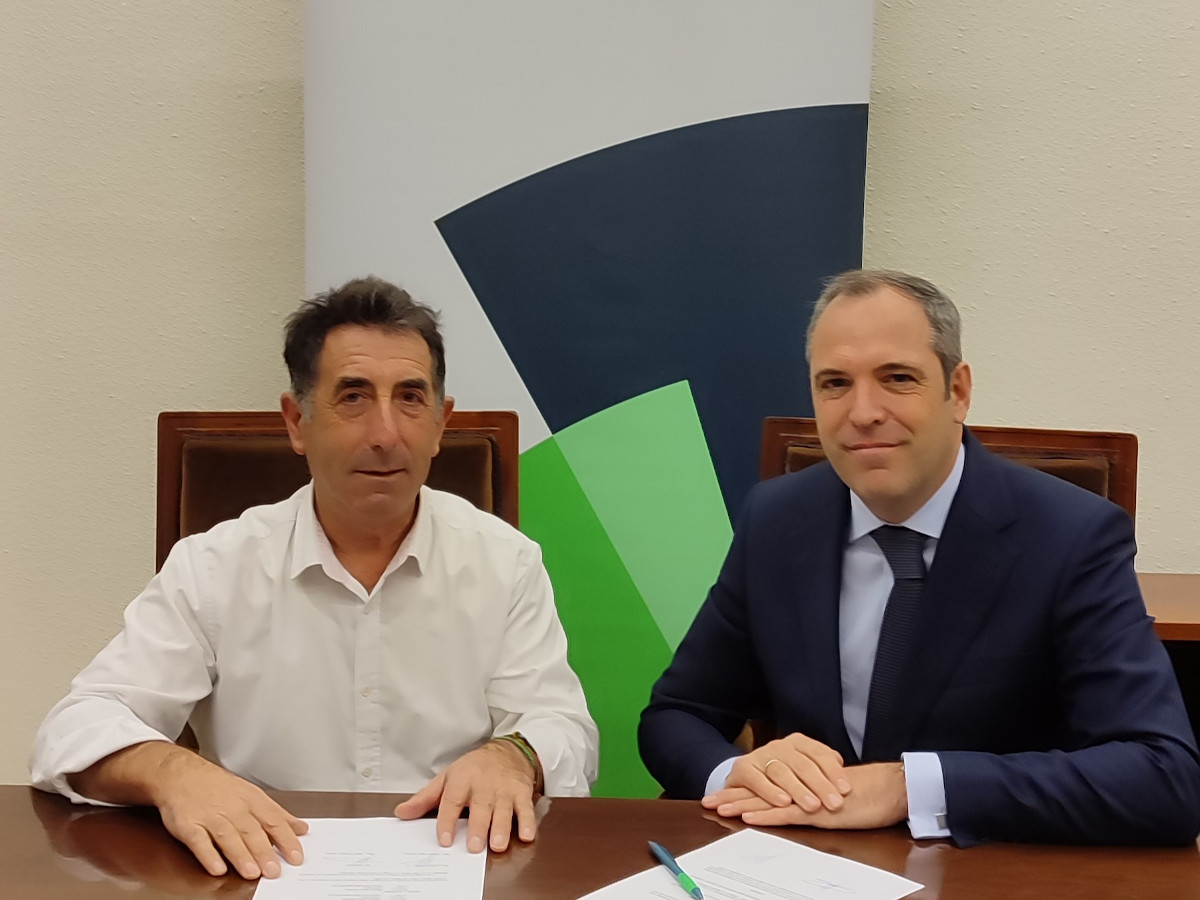Unicaja Banco has collaborated with Cooperativas Agro-alimentarias Castilla-La Mancha in the information day ‘Plan estratégico de la nueva PAC 2023-2027’ (New CAP Strategic Plan 2023-2027), held on Tuesday in Villanueva de los Infantes (Ciudad Real) and with the attendance of farmers, cooperatives and agri-food industries to learn the new basis of the aids and challenges towards a new more sustainable model of agriculture.
The workshop has been opened by the Head of the Sectoral Area of Arable Crops of Cooperativas Agro-alimentarias Castilla-La Mancha, Nuria Villanueva, and by Unicaja Banco’s Regional Manager for Ciudad Real, Alejandrino Vinuesa, and by the bank’s Area Manager for Eastern Ciudad Real, Alfonso Luis Gallego.
The bank’s representatives have remarked Unicaja Banco’s commitment to the development of farming in the region, providing tools, knowledge and experience to face new challenges and to get the most of the opportunities that may arise in this time of change for the agri-food industry.
With the collaboration in this initative, Unicaja Banco continues to work to provide support to the agri-food sector in Castilla-La Mancha and, especially, in Ciudad Real, where the bank has a long-standing trajectory of collaboration with these professionals.
Effort of farmers
Cooperativas Agro-alimentarias Castilla-La Mancha has highlighted the great effort made by farmers, as well as by their reference companies (cooperatives), to carry out this new transition towards a more environmentally demanding food production model.
These are new requirements that, from the most world’s most respectful and advanced agriculture in quality systems and food, as it is the case of Spain and Europe, farmers are challenged to undertake in the coming years, as explained by the Head of the Sectoral Area of Arable Crops and CAP of Cooperativas Agro-alimentarias CLM, Nuria Villanueva.
More specifically, the topics she has covered have addressed ‘The new CAP’s general principles: from active farmer to new regionalization and new indirect payment system’, ‘The Rural Development Program: aids for farmers’. Finally, she has summarized the new aid system and has presented the conclusions of the workshop.
In addition to the above, Esteban Esquinas, from Technical Services of Cooperativas Agro-alimentarias Castilla-La Mancha, has informed the participants about the ‘Environmental architecture of the new CAP: eco-schemes and strengthened conditionality’, and Cristina Gutiérrez, technician at the cooperative, has talked about ‘Aids linked to the different sectors in the CAP’.



